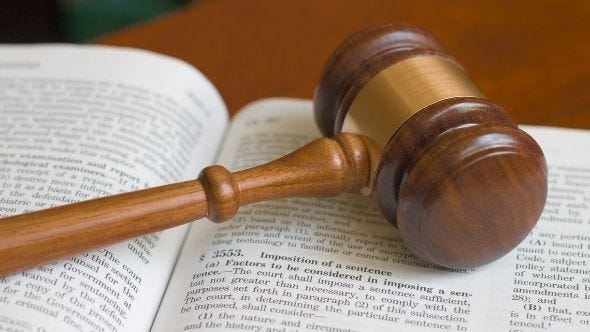Can a Society Exist Without Laws?
A Heart‑Led Meditation on Order, Freedom, and the Fragile Thread of Trust
“Imagine a morning where no sirens wail, no gavels fall, and no dusty statute books bind your breathing. Would that dawn birth a paradise, or a silent civil war?”
I ask myself this whenever the world feels smothered by rules. Close your eyes for a heartbeat and picture it with me: streets pulsing with possibility, every handshake unchained by fine print, every soul free to roam like wind across an unordered sky.
Now keep your eyes closed and listen for the next sound. Is it jubilant laughter… or the crack of fear?
1. The Myth of the First Campfire
Long before kings minted coins or parliaments swapped barbs, a circle of strangers huddled around firelight to keep the dark at bay. They had no parchment proclamations, yet a silent accord shimmered between them:
We share the embers.
We guard each other’s sleep.
We do not steal the last spark.
Anthropologists call it proto‑law. I call it the first fragile trust, an unwritten promise that warmth would be communal and betrayal costly. Law, then, began not in stone tablets but in the trembling recognition of our shared frailty.
2. Hobbes, Rousseau, and the Echo of Two Heartbeats
Thomas Hobbes saw a lawless world as “solitary, poor, nasty, brutish, and short.” To him, laws aren’t chains; they’re seatbelts in a demolition derby of human appetites.
Jean‑Jacques Rousseau countered that humans are born gentle, corrupted only when society fences them in. Strip away laws, he professed, and you’ll uncover a natural innocence.
When I read them side by side, I don’t hear philosophy; I hear two heartbeats. Hobbes speaks for the heartbeat racing with fear, begging for protection. Rousseau speaks for the heartbeat aching to roam, begging for release. And perhaps the truth lives in the tension between them.
3. Modern Echoes: When Rules Fall Silent
Blackout After Hurricane Maria, Puerto Rico (2017)
Power lines snapped. Police radios died. For a few nights, neighborhoods patrolled themselves with lanterns and pots banging warnings. Most shared water, but a few looted pharmacies. In darkness, you saw both halos and fangs.Iceland’s Bedroom Democracy
Population: tiny. Constitution: not legally formalized until 1944. Yet crime rates remain among the world’s lowest. How? Thick social fabric—grandmothers everywhere, gossip everywhere, a nation where anonymity is impossible. Informal norms substitute for statutes.Internet Communities
Every day millions gather in platforms where “laws” are just guidelines enforced by volunteer moderators. Sometimes you find utopian collaboration; other times, trolling wildfire. Virtual villages prove a rule as old as flint: When shared purpose dissolves, raw impulse floods the void.


